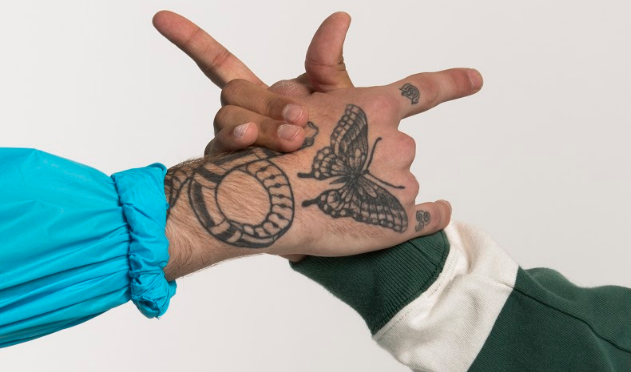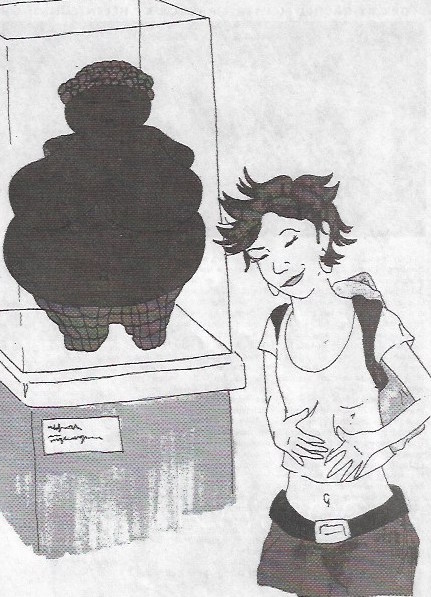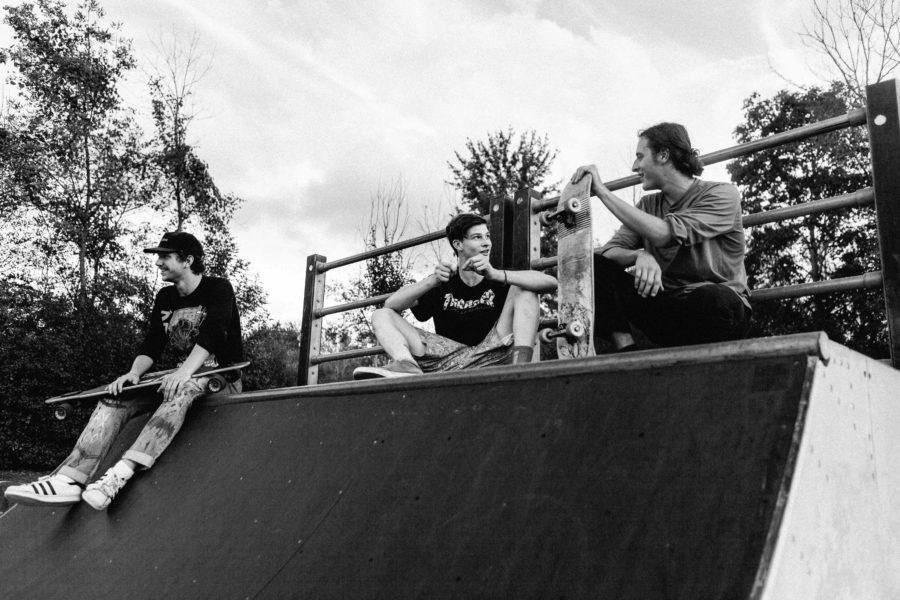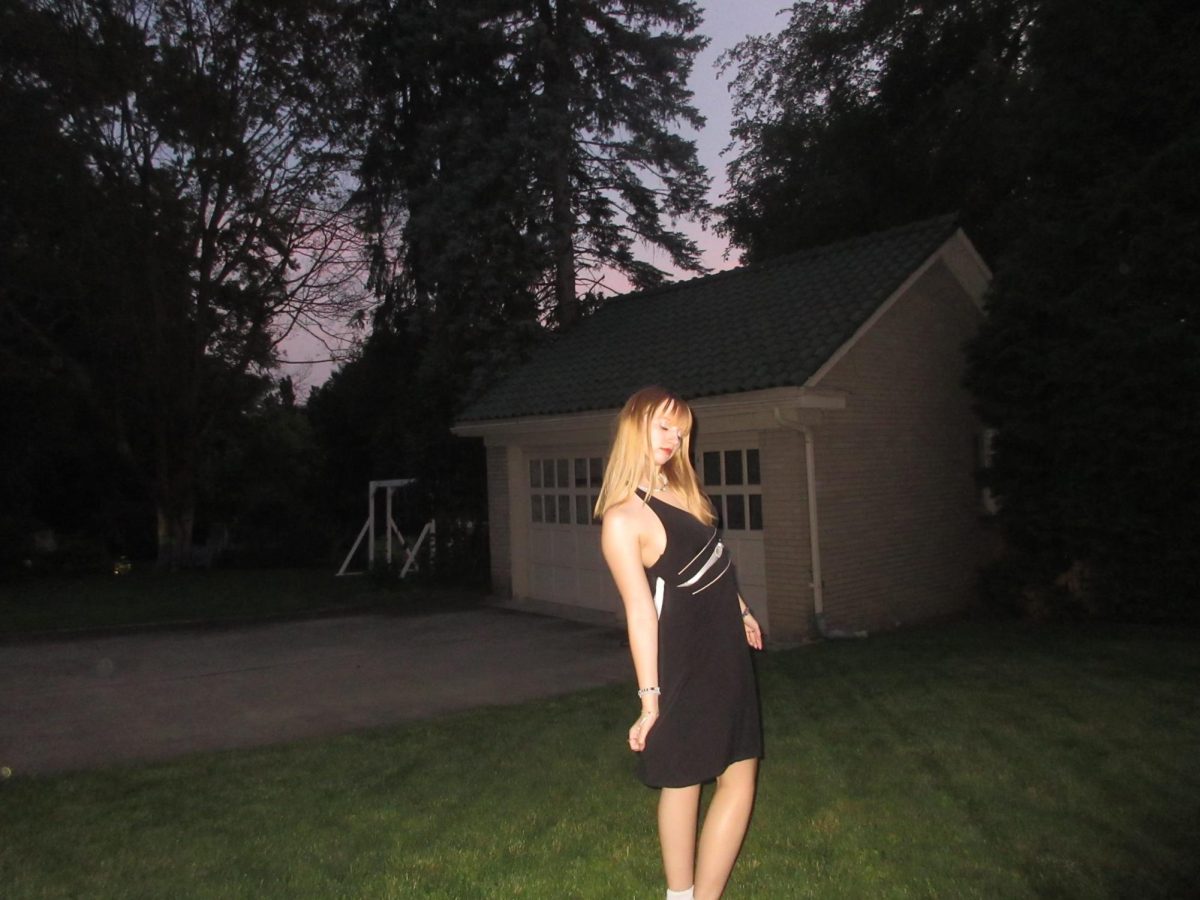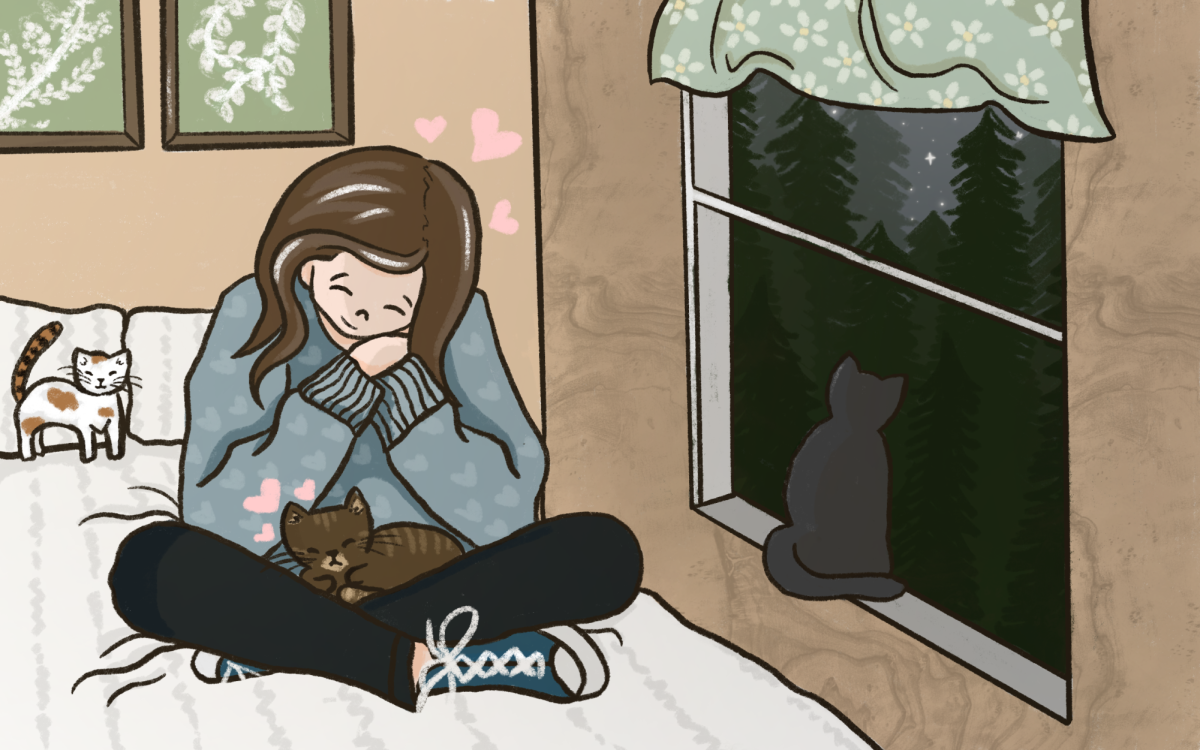Friendship is no doubt a force. If there is one thing we need in this world it’s our tribe of people.
We all know the ones who are truly there for us, who value us, and who we can always count on to comment on our Instagram pictures. They are our mates. Our best friends. Our other halves.
In the modern day, friendship has changed. Unlike the friendships our parents made when they were our age, social media and technology has changed the way some of us may befriend.
For some people, traditional social interaction isn’t even accessible. For Jaydn Williams, a Kent State University freshman accounting major, making friends was an ongoing struggle because she was homeschooled.
Jadyn grew up with a very strict mother who felt it was best for her to be cyber-schooled during middle school. She remembers hating it. Her boredom consumed her, and her urgent need for social interaction grew stronger over the years. She decided she had to search for a way to break out of her own all consuming isolation.

During her three years of homeschooling, she found her escape. With just a few scrolls of her fingertips, she discovered her community through the Skout app, a social networking and dating program. As a 12-year-old, she obviously wasn’t exactly in the market to date, she just wanted to find some friends to talk to.
The Skout app allows individuals to meet by preference and proximity, and features millions of people. “I honestly don’t know how I stumbled upon the app,” she says. “I think I just typed in the Google Play store ‘apps to make friends with,’ and then it just came up.”
After a few seconds of installment in the App Store, she gained a whole new world. One that took her out of loneliness and dullness. Social media has the ability to connect people who, like Williams, didn’t get the opportunity through something of typical normalcy like a high school cafeteria. It’s not a new concept, but the way we befriend and find those we connect best with is constantly changing.
Hailey Mills, an interpersonal communication professor at Kent State, spends much of her time researching her passion — social media. She says, “Social media is the global village that allows us to meet anyone, anytime, anyplace.”
Williams describes herself to be more so on the introverted side when it first comes to making friends. In other words, she’s only quiet until you “actually” meet her. But online it wasn’t forced. She found that social media allowed her to easily connect with people to start building conversations more naturally.

After building a profile, she found Seth and Brandon. Two people who were her age and she could actually relate to. She quickly began messaging them back and forth and began developing a real connection.
We constantly hear of the negatives of social media and how it can create this artificial distance between friends. Such as creating a sense we are connected with a large network of individuals, even when we are not. But, some people have found that social media allows them to find their community despite social drawbacks. It can connect people of various backgrounds, ages and interests. Apps, hashtags, and social platforms can bridge the gap of social issues some individuals encounter in the offline world.
According to the Pew Research Center, 57 percent of teens ages 13 to 17 have made a new friend online, with 29 percent of teens indicating they have made more than five new friends in online venues. It’s because social media helps teens feel more connected to their friends’ feelings and daily lives, and also offers teens a place to receive support from others during challenging times.
Jackie Cardno, a senior anthropology major at Eastern Michigan University, found difficulty making genuine friends because of her passion for Taylor Swift. She’s a little obsessed and throughout her high school experience she felt extremely misunderstood. Many people just couldn’t relate to her unwavering love for T-Swift. She found herself hiding her true self, and her true infatuation. “You… try to hide it,” she says. “Like yeah, Taylor’s cool but I’m not obsessed with her.”
On Twitter, she found she is able to be herself. She doesn’t have to hide her fangirling. She can freely post pictures of her favorite concerts or tweet the lyrics to her favorite songs. It’s her safe haven. But, Cardno did not expect Swift’s 2017 Reputation Tour to expose her to an entirely new community.
She spent many of the days leading up to the ticket sale date tweeting about the newest album and her tour anticipation. “I sent out a tweet about her, like, “Oh,I just got my Reputation Tour tickets, so excited,” she says. “And I hashtagged it with #reptourdetroit, and then another account followed me that also had #reptourdetroit in her bio. I was like “wait a minute, is Swifty Twitter a thing?”
“An advantage (to social media) is maybe seeing a different side of a person that maybe you wouldn’t see in the real world,” Mills says. “It can certainly solidify a personality and you can get to know someone online in that respect.”
She messaged the account and the two quickly connected. Her new friend suggested she follow a few of her other “Swifty” friends. After seeing the effects of the #reptourDetroit hashtag, she decided to include it in her Twitter bio. “All these people started following me, and I got added to a group chat with like 50 other people who were going to the Detroit show,” Cardno says. Online Jackie is Swifty all the way, but she never thought it could connect her to others.

Their fandom allowed them to instantly click. Almost like they already knew each other. “We just hung out, and we had a really good time,” she says. “We were all really comfortable with each other in a way because we had a common interest.”
Befriending individuals online over common interests pushes past personality boundaries. It allows individuals to come together and really view a side of an individual they may only show online. Through communities, individuals are able to take an online relationship into the offline space.
“It’s just an easy way to find friends who accept you for that kind of stuff,” Cardno says. “I used to get picked on and made fun of. So, I went searching for another kind of friendship where I could just be myself.”
Social media friendships can be just as important as traditional friendships. As long as you’re open and willing to put yourself out there online, anything can transpire.
This story was originally published in the fall 2018 issue of A Magazine.

